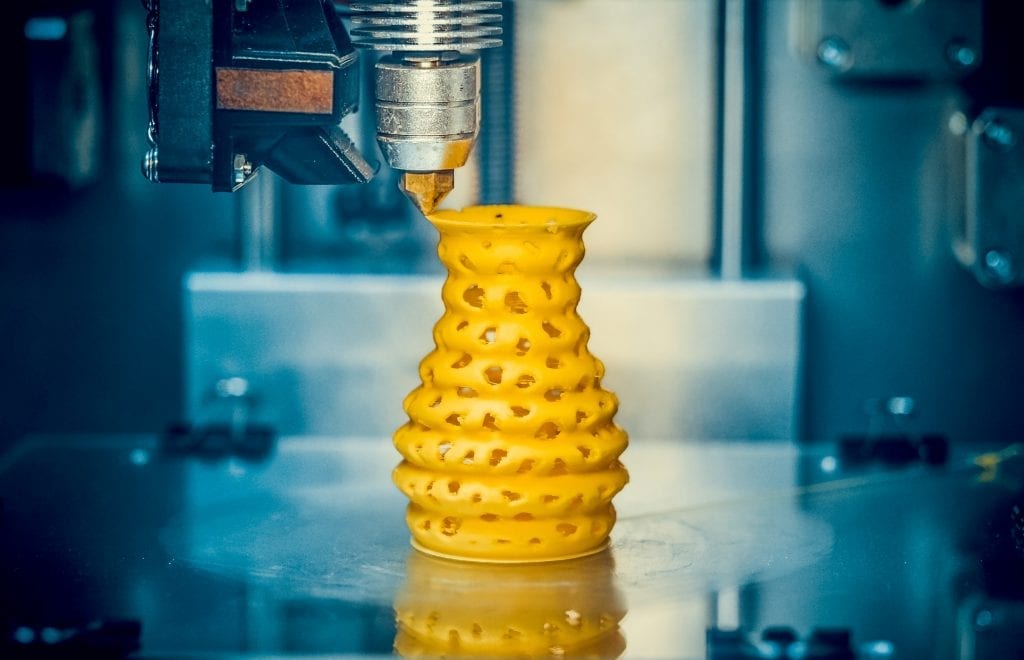
The Power of Hemp ===
Hemp, the non-psychoactive variant of cannabis, has been underutilized for far too long. With its potential to revolutionize healthcare and transportation while also being environmentally sustainable, it’s time to harness the power of hemp. From medicinal benefits to fuel alternatives, hemp has the potential to change the world for the better.
Hemp’s Contribution to the Medical Field
Hemp has been used for medicinal purposes for centuries. Recently, researchers have been studying the compounds in hemp to find ways to treat various ailments. Cannabidiol, or CBD, is one of the most active compounds found in hemp and has been shown to have anti-inflammatory, anti-anxiety, and pain-relieving properties. CBD has been used to treat epilepsy, multiple sclerosis, and even cancer. It’s also a natural alternative to prescription drugs that can have harmful side effects.
Hemp as a Fuel Alternative for Transport
Hemp can also be used as a fuel alternative for transportation. Hemp biodiesel is a renewable source of fuel that can power everything from cars to airplanes. It’s non-toxic, biodegradable, and produces fewer emissions than traditional fossil fuels. Hemp ethanol is also a viable alternative to gasoline, providing a cleaner-burning fuel option. Additionally, hemp fibers can be used to create lightweight, durable materials that can be used to construct vehicles and reduce their weight, making them more fuel-efficient.
Hemp’s Environmental Benefits
Hemp is one of the most environmentally sustainable crops. It requires less water and pesticides than traditional crops, making it a more eco-friendly option. Additionally, hemp can be used to clean up contaminated soil. Its deep roots help to absorb toxins and pollutants from the soil, making it a valuable option for land reclamation. Hemp can also be used to create biodegradable plastics, reducing the amount of plastic waste in oceans and landfills.
Overcoming Legal Obstacles for Hemp’s Potential
Despite its many benefits, legal obstacles have prevented hemp from being fully utilized. However, recent changes in legislation have made the cultivation of hemp legal in many countries. This has allowed farmers to grow hemp without the fear of legal repercussions. In turn, this has allowed more research to be conducted into the potential uses of hemp.
Harnessing Hemp’s Power for a Better Future
It’s time to harness the power of hemp to create a better future. With its potential to improve healthcare, transportation, and the environment, it’s clear that hemp should be utilized to its full potential. By overcoming legal obstacles and investing in research, we can unlock the full potential of this incredible plant. Hemp has the power to change the world for the better, and it’s up to us to harness that power.













